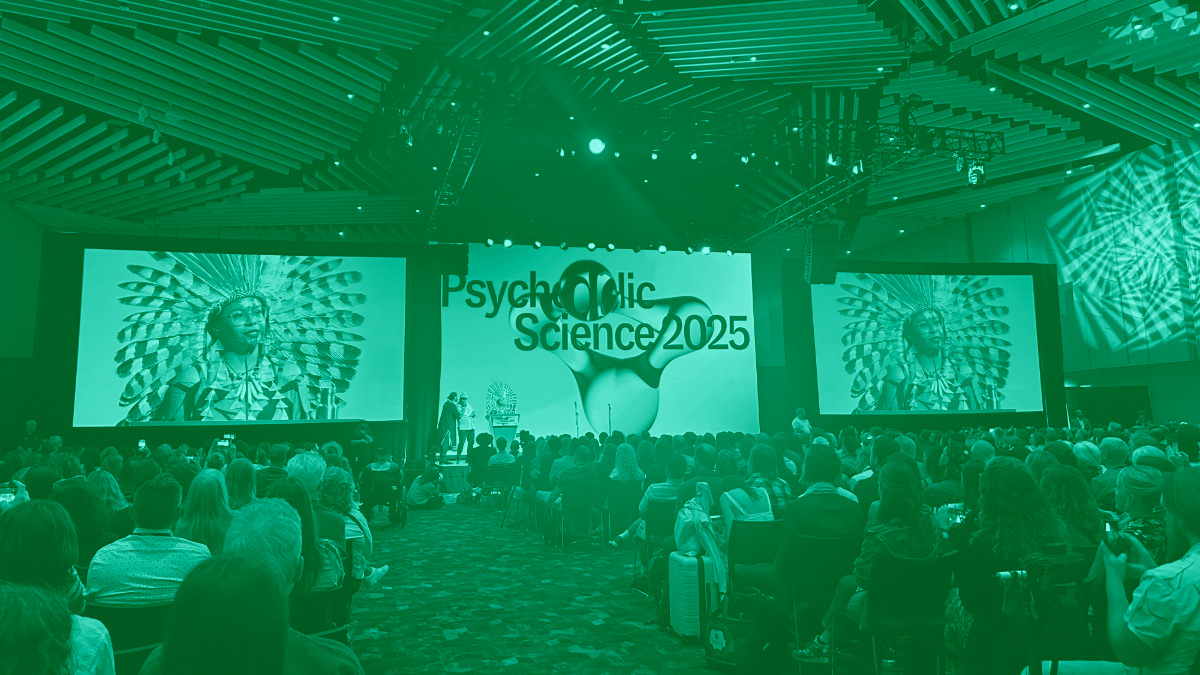It's the morning of Wednesday 18 June and a woman wearing a set of bird wings glides onto the main stage of the Denver Convention Center. She chirps into a microphone, producing the harmonious, peaceful sounds of birdsong, before issuing a set of stern proclamations. “I will not dance to your angry war drum,” Palestinian diaspora artist Rawan Roshni declares.
A few days later, the US will send warplanes to Iran.
We’re at Psychedelic Science 2025, a biennial five-day conference organised by the Multidisciplinary Association for Psychedelic Studies (MAPS). Much has changed since the last jamboree in 2023, when the psychedelic movement was riding high and it seemed that MDMA would be approved as a PTSD treatment in the US. Instead, last year, the drug was rejected by federal regulators, sparking a period of deep reflection within the industry. More recently, the prospect of global war has added a sense of greater urgency.
“The scale of the need is so great,” says Rick Doblin, a public policy expert who founded MAPS in 1986 in response to the criminalisation of MDMA. At the last conference, he delivered his opening keynote wearing a gleaming white suit, as if he were an MDMA messiah. This year, he’s cloaked in white, black and blue — to acknowledge the disappointment of MDMA’s rejection, while also celebrating recent psychedelic policy reforms in New Mexico, Czechia and New Zealand.
“One of the things that I’m most hopeful about is this project in the West Bank,” he says. That initiative — in which Palestinian therapists would treat traumatised Palestinians with a psychedelic out of a hospital in East Jerusalem — sits alongside parallel plans in Israel, Ukraine, Somalia, and elsewhere. “We're going to try to support this as much as we can,” Doblin adds. “The next step is to try to bring the MDMA into [Palestine].”
Register for free to read this article.
